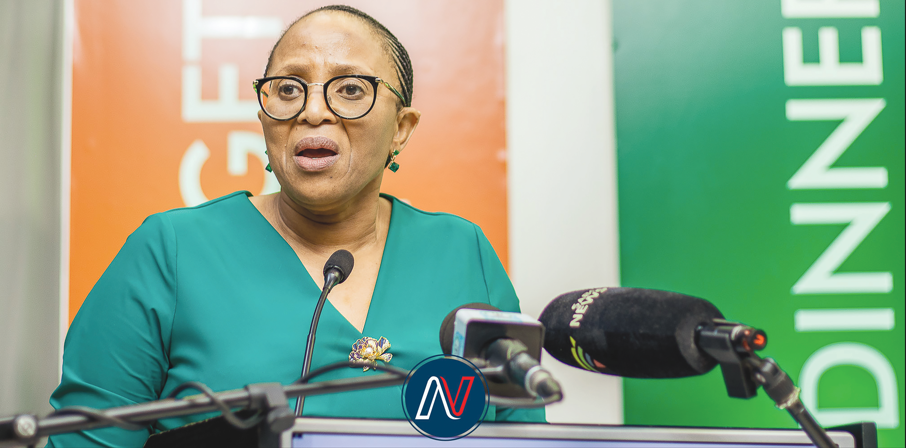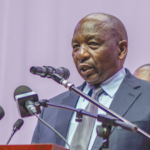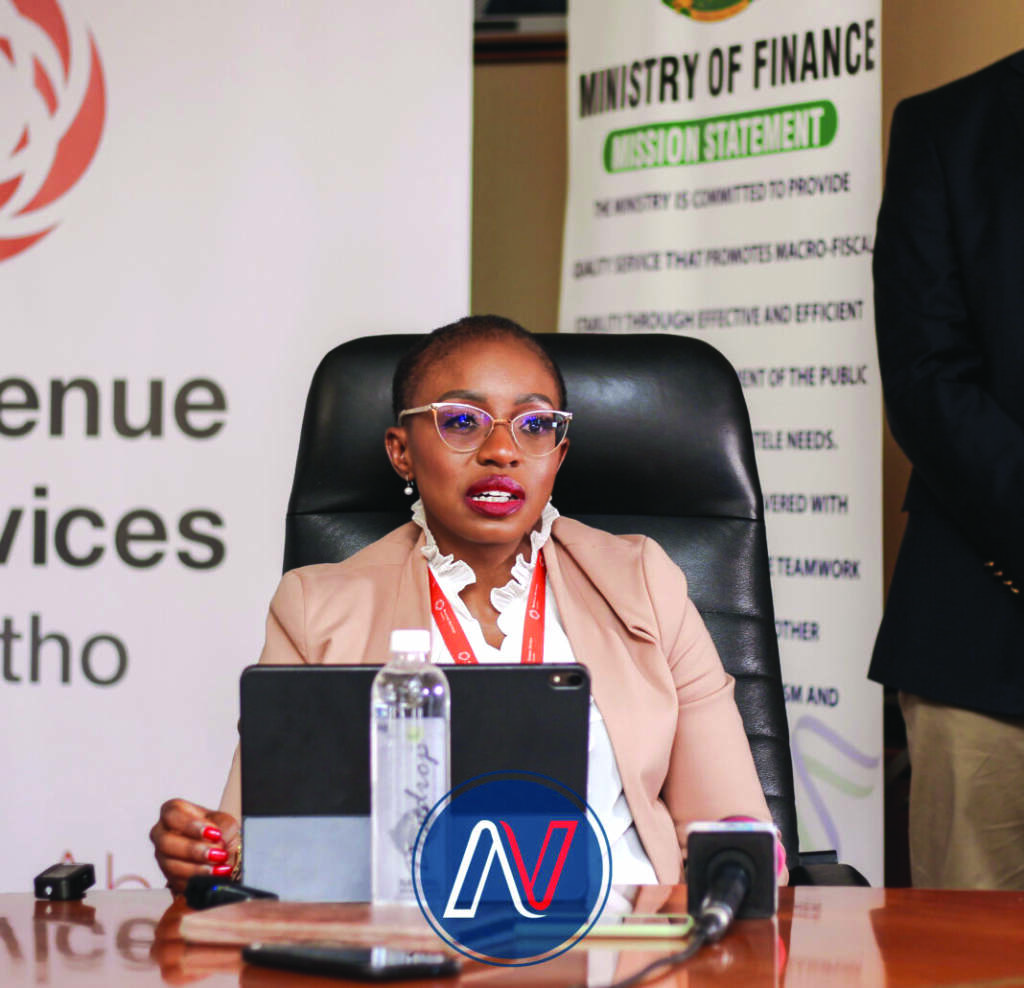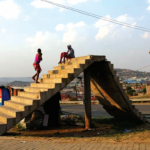Lesotho’s labour productivity has declined by seven percent, a drop that government officials and development experts are linking directly to the country’s high and persistent unemployment rate — a crisis that the government officially declared a national disaster earlier this week.
The statistic was confirmed during the launch of the Lesotho 2025 Voluntary National Review (VNR) Report on progress toward the Sustainable Development Goals (SDGs), held yesterday at the United Nations House in Maseru.
Minister of Finance and Development Planning, Dr Retšelisitsoe Matlanyane, admitted that despite years of effort and substantial financial investment, progress toward achieving the SDGs has been inconsistent. While there have been improvements in some areas, others, particularly economic growth and employment, are showing worrying signs of regression.
Speaking at the launch, Dr Matlanyane reflected on the country’s long journey toward the 2030 development agenda, asking whether Lesotho would be able to look back with pride.
“If we are to take control of our development, we must be part of the solution. Leadership is required from everyone, not just the government,” she said.
Earlier this week, the government declared unemployment, particularly youth unemployment, a national disaster, marking a dramatic shift in the country’s approach to addressing joblessness. The declaration is expected to activate emergency response mechanisms and draw greater attention from both national institutions and international partners.
The VNR report, compiled by the Ministry in collaboration with the United Nations and other stakeholders, presents a sobering view of Lesotho’s current position.
While maternal mortality has dropped by over 50 percent since 2009 and more women are giving birth with skilled health professionals present, economic indicators continue to fall short.
Real GDP growth has averaged below three percent, and SDG 8, focused on decent work and economic growth, remains among the most challenging.
Dr Matlanyane stressed that development partners would not continue to invest in Lesotho’s progress if the country itself failed to take ownership of its goals.
“We cannot expect our partners to support us if we do not align ourselves with our development objectives,” she said. “The government cannot do this alone. It requires a strong partnership with civil society, the private sector, and every Mosotho.”
The VNR also revealed troubling trends in other areas. Gender-based violence (GBV) especially intimate partner violence, has increased despite awareness campaigns and policy reforms.
Climate change vulnerability remains high, though Lesotho has made some strides in implementing early warning systems and disaster risk financing strategies.
Even as a landlocked country, Lesotho has made progress on SDG 14, which focuses on life below water, through national water conservation programmes like ReNoka.
The report indicated that Lesotho’s progress was being undermined by systemic challenges, including youth unemployment, weak health systems, limited disaster financing, gender inequality, and gaps in data coordination.
It called for urgent action to reverse these trends and accelerate SDG implementation.
Among the proposed solutions is the operationalisation of the Integrated National Financing Framework, institutionalisation of gender-responsive budgeting, and improved localisation of the SDGs at district level.
The report also urged the private sector to support youth employment through internships, apprenticeships, and entrepreneurship, particularly for women and disadvantaged communities.
Development partners are being called upon to align their support with national strategies and invest in strengthening Lesotho’s public financial management, data systems, and climate resilience.
Civil society, meanwhile, is encouraged to promote transparency and accountability through civic education and shadow reporting. Academic institutions are being asked to enhance data systems and embed SDG themes into research and education.
Innocent Modisaotsile, Acting UN Resident Coordinator, commended Lesotho for conducting the review and stressed that the SDGs are not just government priorities, but national commitments.
“This VNR is not simply a government report. It is a national story, told by many voices: from ministries and NGOs to people living with disabilities, youth, and the private sector,” he said. “No country can achieve the SDGs alone. We must move forward together, ensuring no one is left behind.”
He reaffirmed the UN’s commitment to helping Lesotho build a future rooted in equality, resilience, and sustainability.
Lesotho will present its findings to the international community later this month during the UN’s High-Level Political Forum on Sustainable Development in New York.
Summary
- Lesotho’s labour productivity has declined by seven percent, a drop that government officials and development experts are linking directly to the country’s high and persistent unemployment rate — a crisis that the government officially declared a national disaster earlier this week.
- The statistic was confirmed during the launch of the Lesotho 2025 Voluntary National Review (VNR) Report on progress toward the Sustainable Development Goals (SDGs), held yesterday at the United Nations House in Maseru.
- Among the proposed solutions is the operationalisation of the Integrated National Financing Framework, institutionalisation of gender-responsive budgeting, and improved localisation of the SDGs at district level.
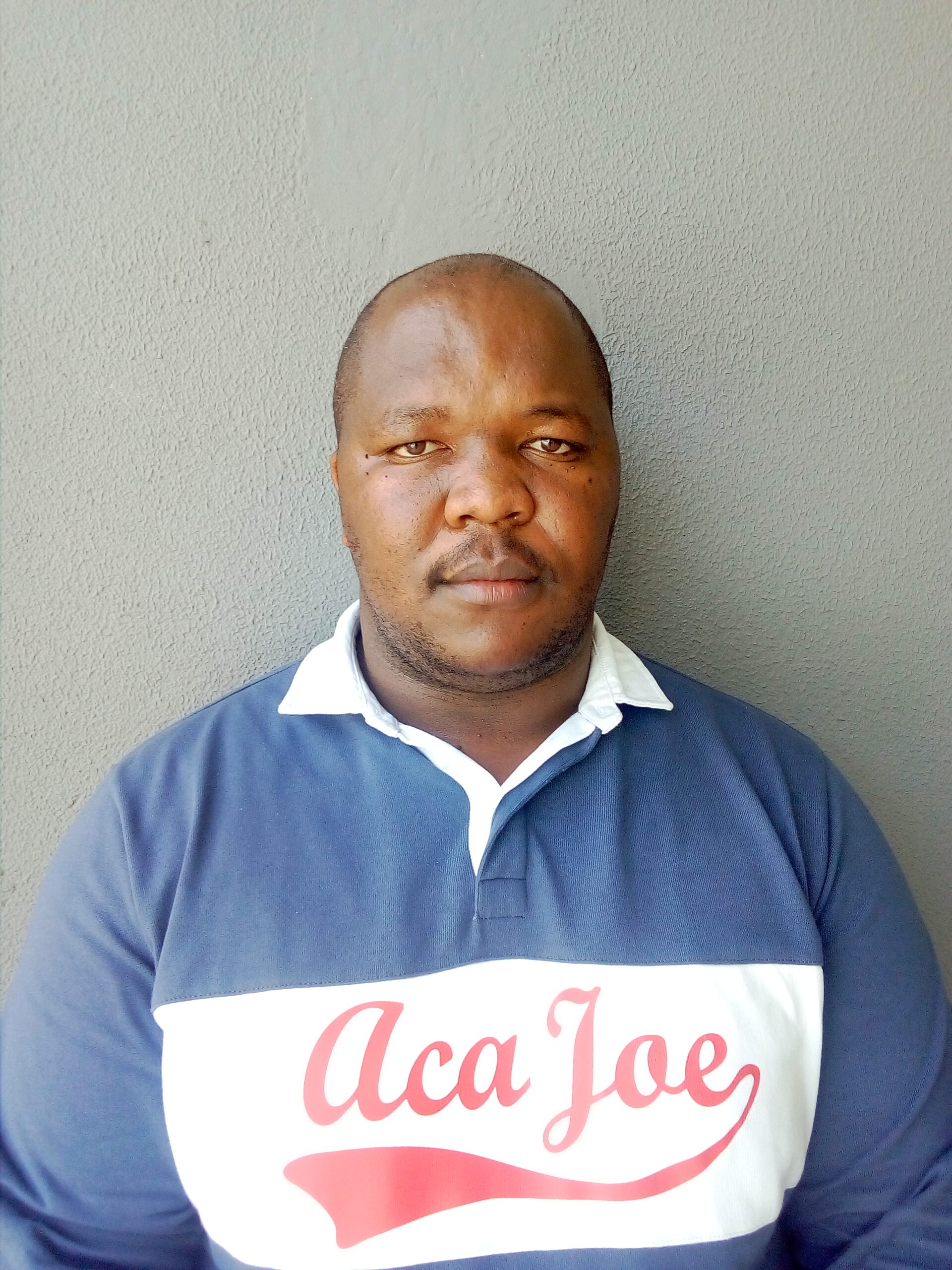
Thoboloko Ntšonyane is a dedicated journalist who has contributed to various publications. He focuses on parliament, climate change, human rights, sexual and reproductive health rights (SRHR), health, business and court reports. His work inspires change, triggers dialogue and also promote transparency in a society.


